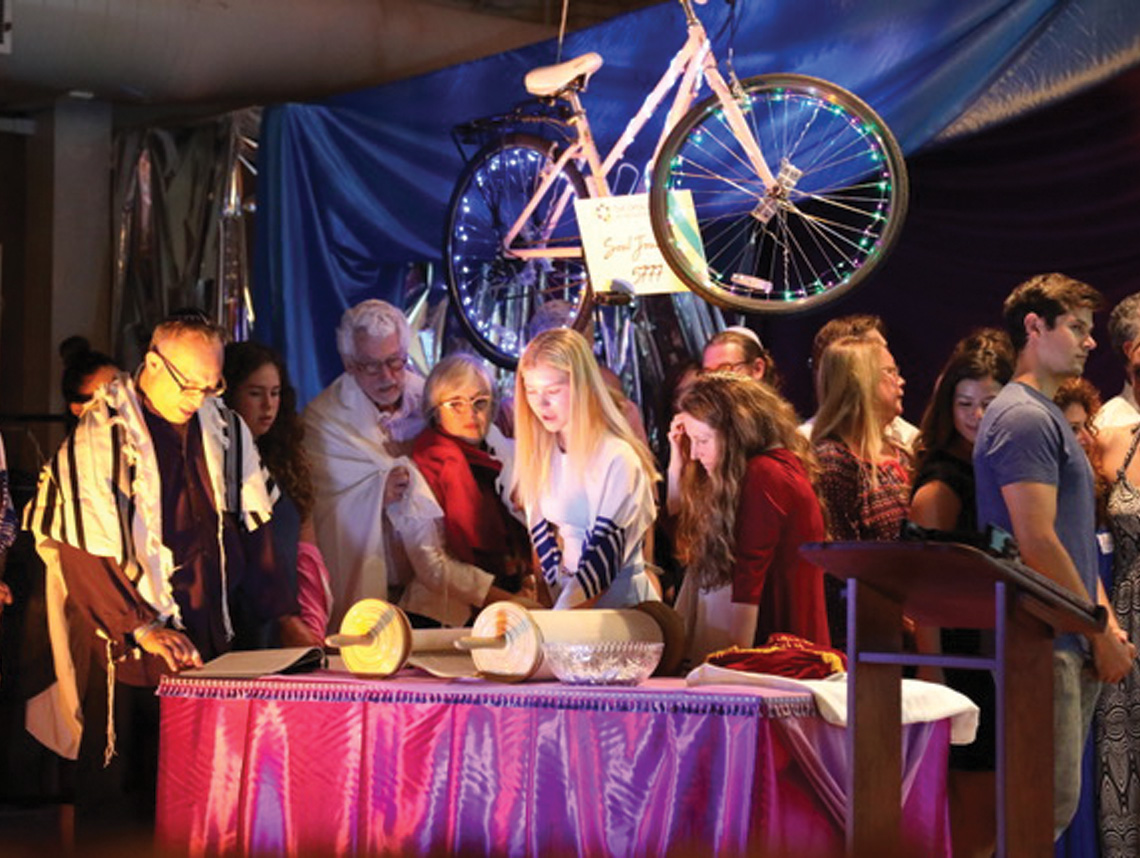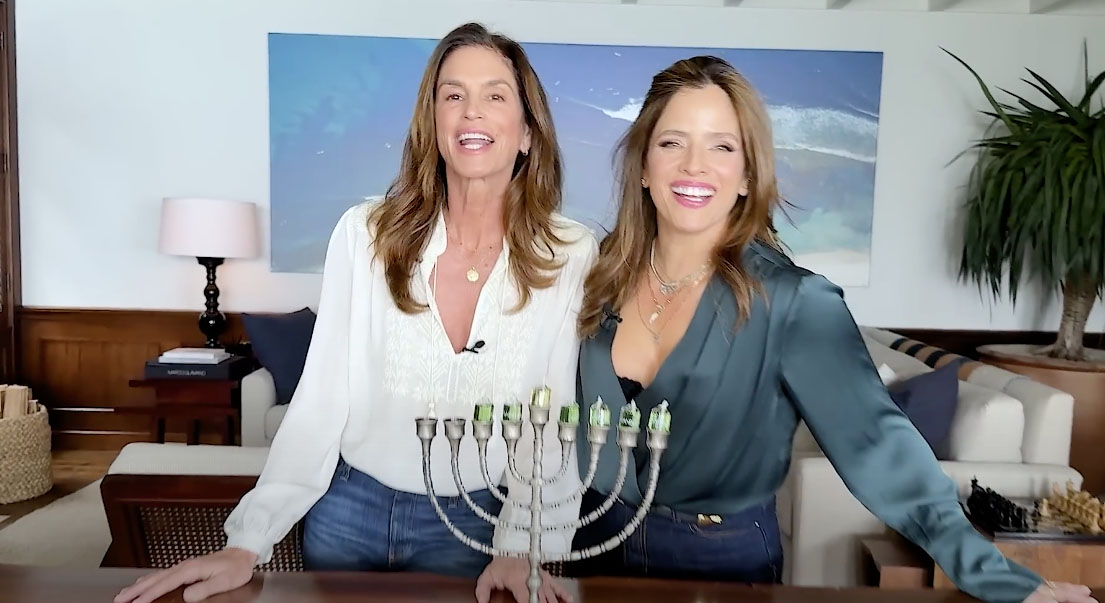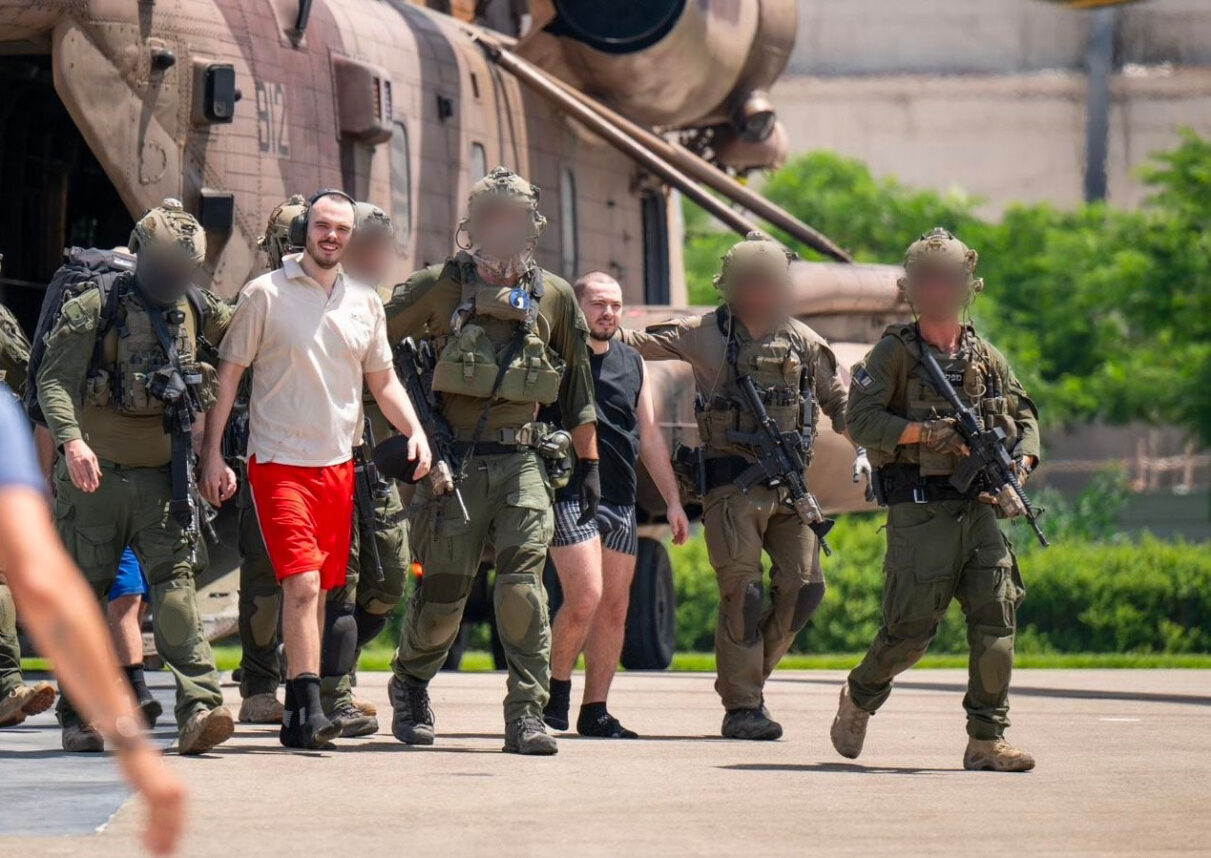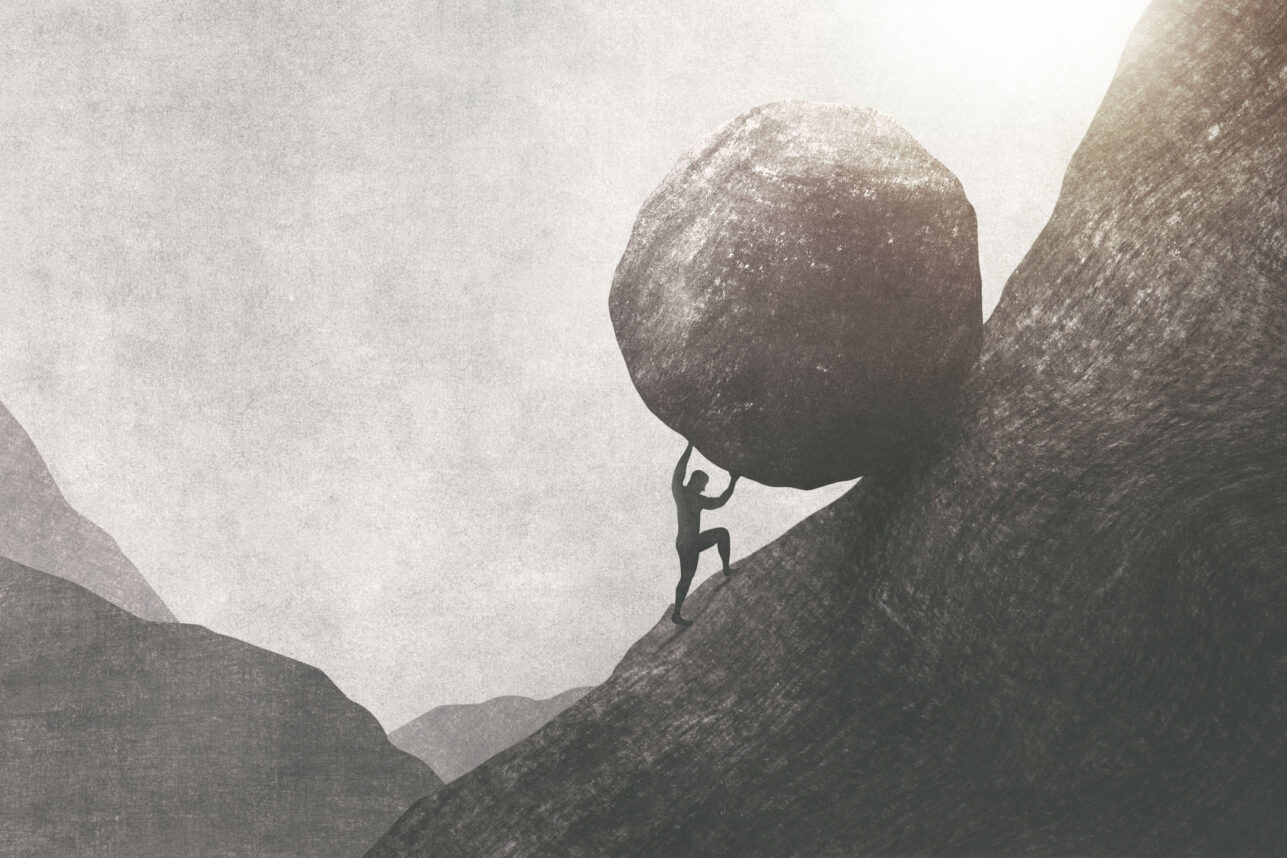
While there was poignancy and intellectualism at a recent Friday Shabbat Take Me Higher service at Open Temple in Venice, the defining moment came when a rocking six-person band of local musicians launched into Justin Timberlake’s hit song “Can’t Stop the Feeling!” But instead of the familiar chorus, it was sung as, “Got a Shabbos feeling!”
Within seconds, nearly all the attendees were dancing. Rabbi Lori Shapiro, her long, curly locks flying, may have been the most enthusiastic of all — and for good reason. Open Temple is her baby. And this summer, it has gotten some significant recognition.
“This is our breakout year,” said Shapiro, 46, a Long Island, N.Y., native who now lives in Venice.
For people accustomed to traditional services, attending an Open Temple service can take some getting used to. There are hugs from Shapiro and journals to write in. (Writing is optional.) Strangers are encouraged to interact. Shapiro flung Hershey’s Kisses through the air at a recent service, a reward for those who were able to answer questions correctly.
At Shabbat and High Holy Days services, there are no prayer books. Instead, prayers and song lyrics are projected on a large screen.
For its distinctiveness, the nondenominational Open Temple was included in the current Los Angeles edition of the Slingshot guide, a compilation highlighting 26 innovative local Jewish organizations. It also was selected by San Francisco-based UpStart to participate in its accelerator program, which includes extensive coaching and networking with other Jewish groups and leaders, and brings Open Temple $5,000 a year over the course of a three-year program.
“Open Temple attracts the Jewish community in an underserved geographic area by blending and balancing creativity with spirituality,” said Jocelyn Orloff, the Los Angeles area representative for UpStart. “Their model for community building is helping to redesign the experience of Jewish life in Los Angeles.”
That model includes annual events like the recent bike Shabbat, a pedal-powered tour of Venice Jewish history; the Chanukah boat parade on the Venice canals; and the recent Scent-uality co-hosted with NuRoots, a program for Jewish young adults, that involved blindfolds and essential oils that Shapiro described as an olfactory Havdalah service.
Oh, and there’s the upcoming Yom Kippur goat yoga. (Yes, there will be actual goats.)
While the yoga is bound to be fun and a conversation starter, there is a deeper reason behind it. “In the Yom Kippur Torah reading, from Parashat Acharei Mot, goats are a stand-in for humans,” Shapiro said. Just another example of how “it’s a very Venice way to do Jew,” she said.
The temple has come a long way from being just a dream seven years ago, when Shapiro, whose prior gigs include tenures as director of Jewish life at USC Hillel and youth director at Kehillat Israel in the Pacific Palisades, rented a booth at the annual Abbot Kinney Festival, which she refashioned into a sukkah to see if there was enough interest among locals to create a new Jewish community.
By the end of the day, Shapiro had a list of about 125 names. She set out to do “coffee dates and house talks” with each person on the list in the hope of finding out more about what Venice residents were looking for in a Jewish experience.
Her own experience includes studying at three seminaries — the Ziegler School of Rabbinic Studies at the American Jewish University in Los Angeles, the Reconstructionist Rabbinical College outside of Philadelphia and the Academy for Jewish Religion, California in Los Angeles.
“People wanted something that was centered on community values, where they could educate their kids,” Shapiro said. “A lot of people were saying, ‘Why do I have to travel 20 minutes to go to the closest Reform synagogue?” It was clear to Shapiro that there needed to be “something that is progressive in the way Venice is.”
Open Temple, which is based at Electric Lodge, an arts venue one block off Abbot Kinney Boulevard that was founded by Shapiro’s husband, Joel Shapiro, was born in late 2012. But according to Shapiro, it was not until the very first High Holy Days services the following year that she felt they were a community.
“People lingered,” she said. “People were like, wow, there is something here, something about the way we were learning about this together, something magical. It’s when the momentum started.”
Open Temple is neither Reform, Conservative nor Orthodox. “We’re just coming to a time when a new branch is forming, as evidenced by the seven,” Shapiro said, referring to a loosely affiliated group of independent congregations with visionary leaders aiming to blend tradition and modern innovation that includes IKAR in Los Angeles, The Kitchen in San Francisco, Mishkan in Chicago, Kavana in Seattle, Sixth & I in Washington, D.C., and Romemu and Lab/Shul in New York.
“There is this other model that is not denominationally driven, that is an independent shul,” Shapiro said. “We’re the next wave. I was very inspired by what they were doing.”
Until this summer, Open Temple has gotten by on donations — including $80,000 from “an angel donor,” Shapiro said — and High Holy Days ticket sales. But it just introduced the option to become a member, or in Open Temple’s parlance, a “co-creator.”
“It’s a natural evolution,” Shapiro said.
Open Temple is not looking to go big, however, Shapiro said. While the temple used a larger space to accommodate 500 for High Holy Days services last year, this year the plan is to return to Electric Lodge, where there is room for just 100.
“It’s something very anti-trend,” Shapiro said. “The trend is always bigger. But when you have 500 people, a lot of people will go to check it out and never go back. I am really curious about who is the community at this point at Open Temple. Electric Lodge is really allowing us to feel one another.” n






















 More news and opinions than at a Shabbat dinner, right in your inbox.
More news and opinions than at a Shabbat dinner, right in your inbox.